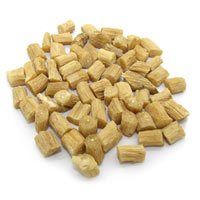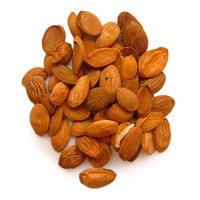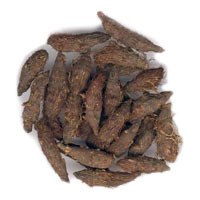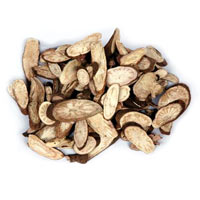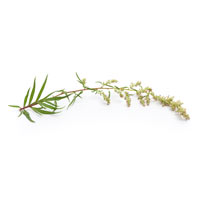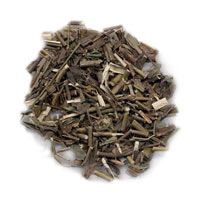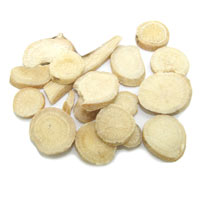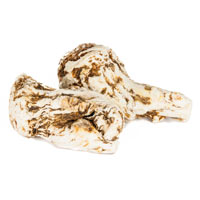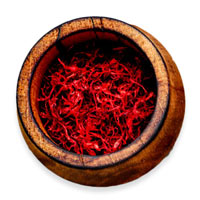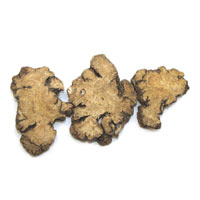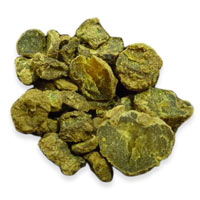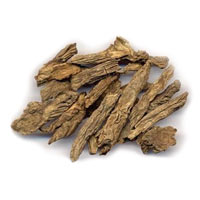 Dipsacus is commonly used in conjunction with Niu Xi above, to enhance the effects of both herbs. Dipsacus treats both the liver and kidney channels, key components in menstrual irregularities. Being sweet and slightly warm it can strengthen the enhance yang energy. (Women are predominantly yin and can always use more yang energy). Dipsacus promotes blood circulation without the sticky properties of some herbs. Its main Chinese medicine functions include tonify the liver and kidneys, strengthen sinews and bones and gently invigorating blood, and alleviating pain.
Dipsacus is commonly used in conjunction with Niu Xi above, to enhance the effects of both herbs. Dipsacus treats both the liver and kidney channels, key components in menstrual irregularities. Being sweet and slightly warm it can strengthen the enhance yang energy. (Women are predominantly yin and can always use more yang energy). Dipsacus promotes blood circulation without the sticky properties of some herbs. Its main Chinese medicine functions include tonify the liver and kidneys, strengthen sinews and bones and gently invigorating blood, and alleviating pain.


